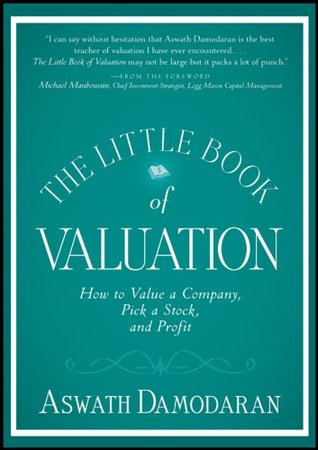How do accountants measure the value of assets? For most fixed and long-term assets, such as land, buildings, and equipment, they begin with what you originally paid for the asset (historical cost) and reduce that value for the aging of the asset (depreciation or amortization). For short-term assets (current assets), including inventory (raw materials, works in progress, and finished goods), receivables (summarizing moneys owed to the firm), and cash, accountants are more amenable to the use of an updated or market value. If a company invests in the securities or assets of another company, the
How do accountants measure the value of assets? For most fixed and long-term assets, such as land, buildings, and equipment, they begin with what you originally paid for the asset (historical cost) and reduce that value for the aging of the asset (depreciation or amortization). For short-term assets (current assets), including inventory (raw materials, works in progress, and finished goods), receivables (summarizing moneys owed to the firm), and cash, accountants are more amenable to the use of an updated or market value. If a company invests in the securities or assets of another company, the investment is valued at an updated market value if the investment is held for trading and historical cost when it is not. In the special case where the holding comprises more than 50 percent of the value of another company (subsidiary), the firm has to record all of the subsidiary’s assets and liabilities on its balance sheet (this is called consolidation), with a minority interest item capturing the percentage of the subsidiary that does not belong to it. Finally, you have what are loosely categorized as intangible assets. While you would normally consider items such as brand names, customer loyalty, and a well-trained work force as intangible assets, the most commonly encountered intangible asset in accounting is goodwill. When a firm acquires another firm, the price it pays is first allocated to the existing assets of the acquired firm. Any excess paid becomes goodwill and is reco...
...more
This highlight has been truncated due to consecutive passage length restrictions.


